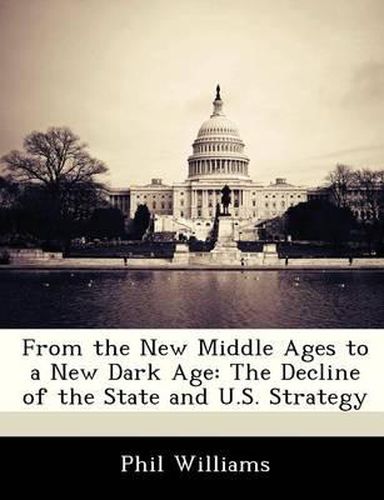Readings Newsletter
Become a Readings Member to make your shopping experience even easier.
Sign in or sign up for free!
You’re not far away from qualifying for FREE standard shipping within Australia
You’ve qualified for FREE standard shipping within Australia
The cart is loading…






Security and stability in the 21st century have little to do with traditional power politics, military conflict between states, and issues of grand strategy. Instead they revolve around the disruptive consequences of globalization, declining governance, inequality, urbanization, and nonstate violent actors. The author explores the implications of these issues for the United States. He proposes a rejection of stateocentric assumptions and an embrace of the notion of the New Middle Ages characterized, among other things, by competing structures, fragmented authority, and the rise of no-go zones. He also suggests that the world could tip into a New Dark Age. He identifies three major options for the United States in responding to such a development. The author argues that for interventions to have any chance of success the United States will have to move to a trans-agency approach. But even this might not be sufficient to stanch the chaos and prevent the continuing decline of the Westphalian state.
$9.00 standard shipping within Australia
FREE standard shipping within Australia for orders over $100.00
Express & International shipping calculated at checkout
Stock availability can be subject to change without notice. We recommend calling the shop or contacting our online team to check availability of low stock items. Please see our Shopping Online page for more details.
Security and stability in the 21st century have little to do with traditional power politics, military conflict between states, and issues of grand strategy. Instead they revolve around the disruptive consequences of globalization, declining governance, inequality, urbanization, and nonstate violent actors. The author explores the implications of these issues for the United States. He proposes a rejection of stateocentric assumptions and an embrace of the notion of the New Middle Ages characterized, among other things, by competing structures, fragmented authority, and the rise of no-go zones. He also suggests that the world could tip into a New Dark Age. He identifies three major options for the United States in responding to such a development. The author argues that for interventions to have any chance of success the United States will have to move to a trans-agency approach. But even this might not be sufficient to stanch the chaos and prevent the continuing decline of the Westphalian state.